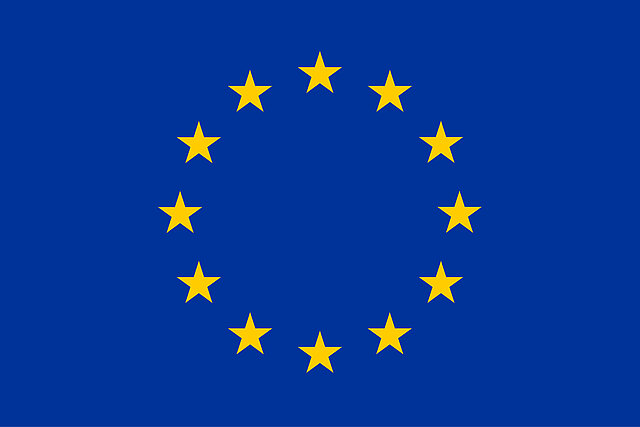PDgate (IF)
Plasmodesmata: gatekeepers for cell-to-cell viral spread in plants


What is your project about and what are the goals of your research?
Viruses cause epidemics on all major cultures of agronomic importance, representing a serious threat to global food security. Widely employed in fields, the use of plant varieties carrying genetic resistances constitutes the most effective, economic, and ecological measure to control viral infections, but are not available for all viruses and crops, and resistance can be overcome by evolved viruses. As obligate pathogens, viruses rely on the host machinery to multiply and invade their host. For successful infection, plant viruses must propagate from the initially infected cells to the rest of the plant. Cell-to-cell movement is critical for spread, and thus an ideal point for creating resistance. First, the virus moves intracellularly from the replication sites to plasmodesmata (PD), which are cytoplasmic communication channels crucial for the development and physiology of the plant. PD regulate the transport of signaling molecules such as proteins, RNAs, hormones, and metabolites. Selected molecules can pass PD on various different routes and PD can act as gatekeepers, indicating that they are complex machines. Plant viruses can exploit PD and has the ability to gate them increasing the size exclusion limit, enabling the spread of infectious particles. However, the ‘receptors’ by which viruses recognize PD and the mechanism of transport remain largely unidentified.
The mission of the PDgate project is to elucidate the molecular mechanisms used by plant viruses to exploit and spread through PD. This project offers the opportunity to identify and characterize potential targets for the development of improved crop plants against plant viruses, which is especially important for food production and food security. Since a new generation of resistant crops will be generated, it would also reduce pesticide use and minimize the spread of viruses due to global trade.
How did the project idea arise?
Plant viruses have been used as a tool to interrogate essential biological processes in plants, including cell-to-cell transport. However, there is still a huge gap in how these remarkable complex machines -the plasmodesmata- work. In addition, plant viruses are a serious risk to crop production and new viral diseases frequently emerge. Deciphering the mechanisms involved in PD-virus interaction could help find sustainable solutions to block viral infection and, thus, increase crop productivity, and gain insights into the function of these enigmatic structures.
Why did you decide to apply for a Marie-Curie grant and why now?
After the doctorate, I wanted to expand my knowledge and skills in molecular plant physiology to gain a multidisciplinary point of view of plant viruses. The Frommer lab was an excellent host lab since it is leading in studying metabolite transport and has developed cutting-edge technologies such as SNAP-tagging, yeast two-hybrid and split-ubiquitin yeast systems to screen protein-protein interactions on a high-throughput scale, and genome editing to assay functional analysis of genes. The MSCA program is one of the most prestigious and competitive grants in which I can carry out my own research project and a more independent position. In addition, the process of developing the idea and writing the grant proposal is good training for my formation as researcher and to establish my own group in the future.
What do you recommend researchers who are interested in applying for research funding?
Having a biologically relevant question is essential in these types of grants. Develop a concept on how to tackle the question and try to translate the concept into an ambitious yet realistic project, with well-defined, self-contained goals and a back-up plan, and be ensure you address all criteria of the funding agency. Furthermore, in the case of MSCAs, the host institution and the supervisor are key elements in obtaining the grant since the panel members also evaluate the infrastructure and the quality of the supervision. Also, ask for feedback from your supervisor and colleagues, and contact the Research Management Office of your institution and the national contact point, as they are your best allies.
| Project duration | May 1st 2021 to April 30th 2023 |
| Grant amount HHU | EUR 174 806,40 |
| Total grant amount | EUR 174.806,40 |
| Funding programme | MSCA-IF-2020 - Individual Fellowships |
This project has received funding from the European Union’s Horizon 2020 research and innovation programme under the Marie Sklodowska-Curie grant agreement No 101023981.

